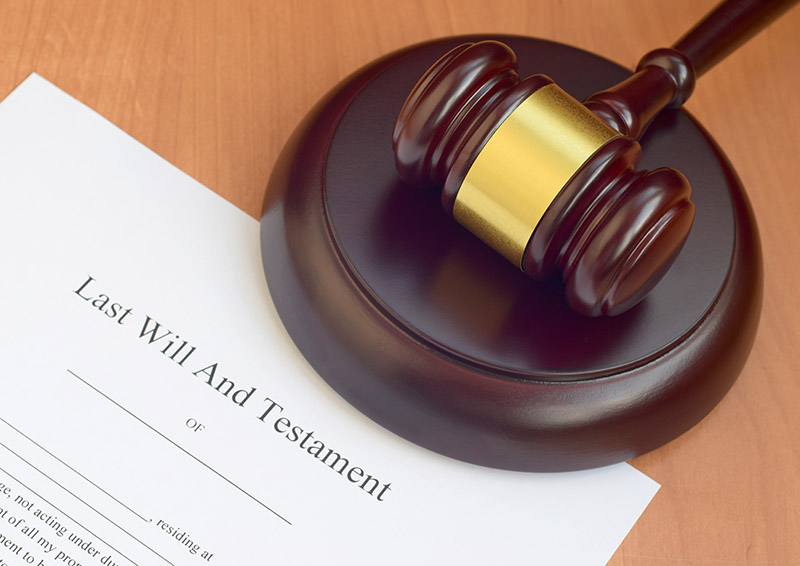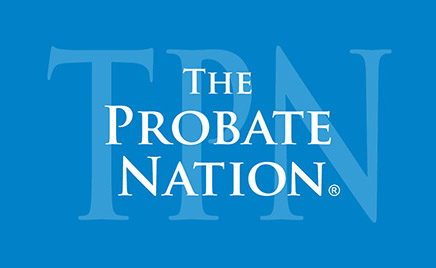Probate Overview
Probate is a process by which the debts of a deceased person are identified and paid, and title to the remaining assets are distributed to the beneficiaries of the decedent’s estate. Some probate is a court-supervised process for distributing the individually owned assets of a deceased person to beneficiaries in accordance with the instructions written in the person’s will, or if there is no will, then by the laws of intestate succession. Other probate involves nothing more than filing some papers with the probate office. Sounds simple and yet it is not.
Estate administration can be complex and the people you have designated must have competent and experienced counsel to guide them through the process. They must make important decisions – sometimes quickly – and they may need help to make them wisely. They may need to prepare inventories of your property, prepare tax returns, or sign other important documents on your behalf. Ultimately they must divide and distribute your property to those individuals or charities you identified in your will or trust agreement.
The estate administration process carries a lot of responsibilities. We can help guide your loved ones through the process as sensitively and completely as possible, and will try to make it as straightforward and efficient as possible.





